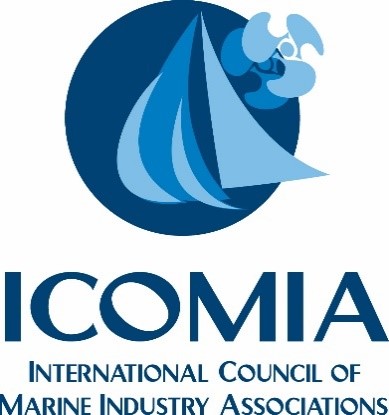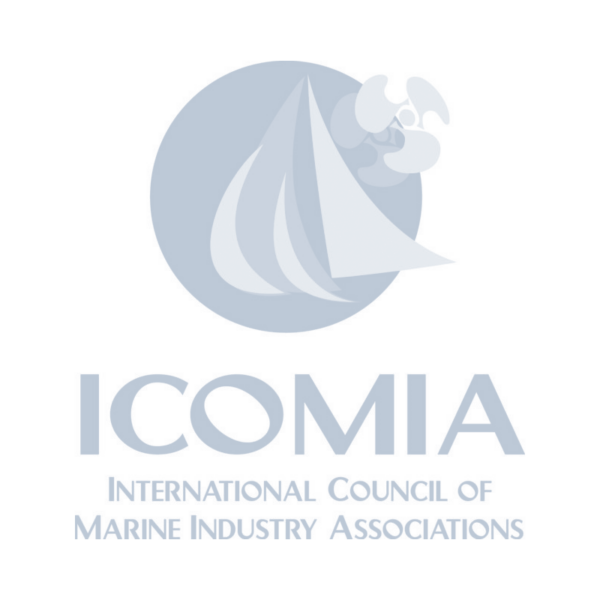Description
Marine resources are of high importance for Europe’s citizens and industries, as well as in their own right, which is perhaps not surprising given that 40% of the EU’s territory is under water. Between 3% and 5% of the EU’s GNP is estimated to be generated directly from marine-based industries and services, with the maritime transport sector sustaining more than 2.5 million jobs in the EU. The total value of economic assets found in the 500m coastal strip alone has been estimated to be worth between Euro 500 and 1000 billion (2000). Significantly for the EU as a trading block, 90% of the EU’s external trade and 43% of its internal trade (in tonnes) is transported by sea. As with other ecosystems, marine and freshwater environments are affected by social and economic activities. Loss of biodiversity, degradation and change in habitat structures, pollution and the possible effects of climate change are threatening Europe’s seas and waterways. Key drivers of change vary between Europe’s seas but include commercial fishing, gas and oil exploration, shipping, waste dumping, dredging, irrigation, urbanisation and agriculture. In many cases, improvements have been made in terms of reducing the impact of different sectoral activities, but the development of new technologies and the sheer volume of activity is expected to outstrip improvements secured. To date, EU policies dealing explicitly with marine issues have been comparatively limited, rather piecemeal and heavily focused on regulating fisheries and transport activities. Environmental legislation has almost exclusively been designed for terrestrial purposes. In only a small number of cases is legislation applicable throughout the EU’s marine territory. The relatively unregulated nature of the EU’s oceans and seas has meant that policies have struggled to keep up with technological advances, rather than helping to shape them in the interest of sustainable development. Concerns over the fragmented and reactive nature of EU marine policy, coupled with a desire to boost the performance of maritime sectors, have led to two EU processes being initiated. One is to result in a Marine Thematic Strategy in 2005; the other is to result in a Maritime Policy Green Paper in 2006. This issue of Brussels in Brief explores the emergence of, interlinkages between and potential opportunities presented by these two marine policy documents.

